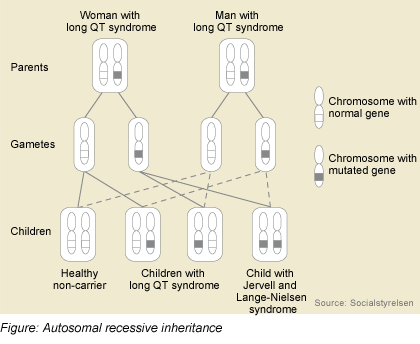Over the next months, I will be uploading some commonly viewed FAQs from MusiciansClinics.com. This is the website of the Musicians’ Clinics of Canada, and was completely updated over the last Christmas holidays. I should have entitled it “What I did over the Christ
mas holidays”! A full range of FAQs will eventually cover pretty much everything we know about music and the prevention of hearing loss.
Feel free to submit other questions that can be answered in 4-5 sentences and I may include them in future posts…
What are some other causes of permanent hearing loss?
Other than hearing loss associated with aging (called presbycusis), the single greatest cause is working around noise. The ear does not know the difference between loud noise and loud music. To the ear, noise and music are just vibrations in the air. Rarely, a person may suffer a permanent hearing loss from a virus or even a brain tumor. These usually have a sudden onset and may be accompanied by dizziness. Hearing loss from noise or music tends to be gradual in nature with no dizziness. If one experiences dizziness or a sudden hearing loss, one should contact their doctor.
Which are more damaging: low or high frequencies?
Actually this is an important question. A few research studies concluded that some frequencies are “slightly” more damaging than others, but in reality, all frequencies are equally damaging. The reason we have our worst hearing in the 3000-6000 Hz region (around the top note of the piano keyboard) has more to do with the way our ear is made up, rather than the sound(s) that cause the hearing loss. For this reason, a flute and a bass player would have similar hearing losses.

Adenosine is no more complicated than caffeine and too little or too much of either of them can have dramatic effects.
Can my hearing loss be treated with medicine or surgery?
Only hearing losses that are from the middle ear (where kids get ear infections) or from the outer ear (such as wax occlusion) can be treated. Rarely can a hearing loss be treated if it is from the inner ear. The inner ear is actually in the brain, so inner ear surgery is brain surgery! Having said all this, researchers are working on a range of “oto-protectants” that can be given to minimize inner ear hearing loss from loud noise and loud music. As these drugs become available (and as the FDA approves more of them) it is crucial to ensure that you are taking the correct dosage. More is not necessarily better. If dosage information is not available, it is best to stay away from these, possibly unregulated, drugs. To date, there is no reliable information suggesting that food supplements (such as beta-carotene and various vitamins) are useful in any way to prevent noise or music induced hearing loss.







